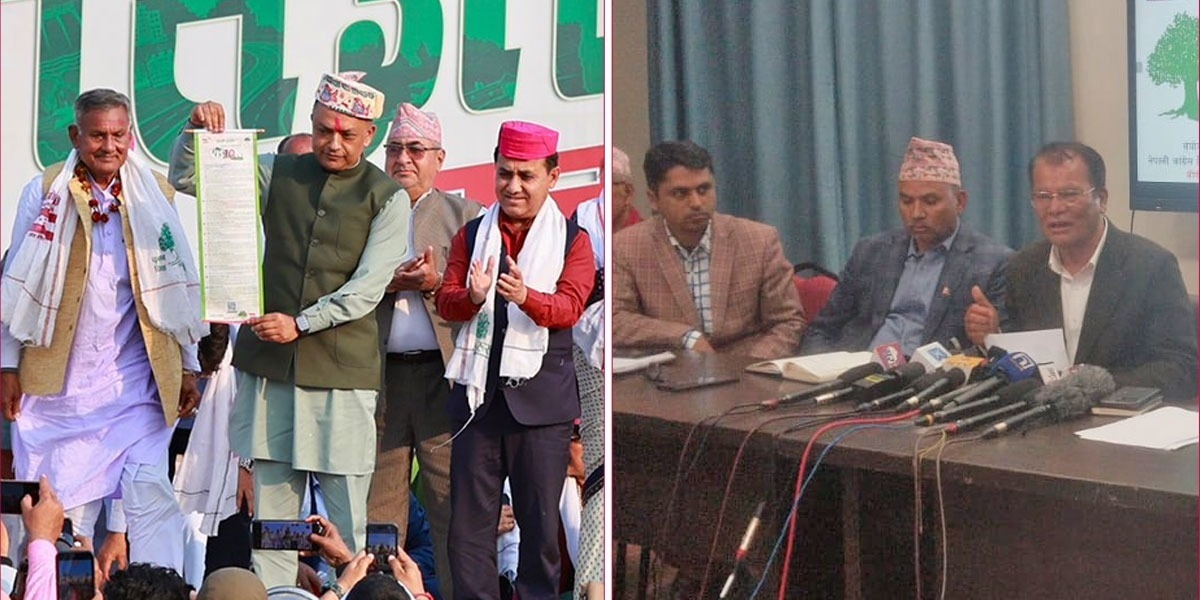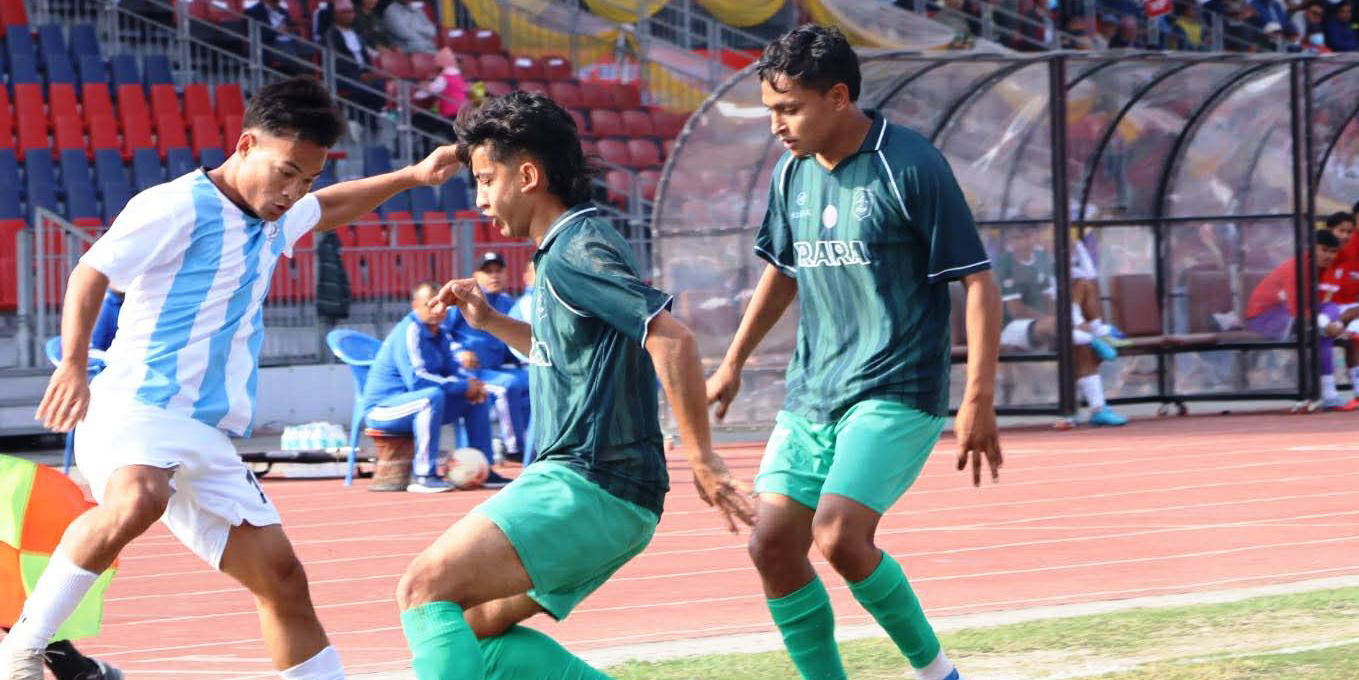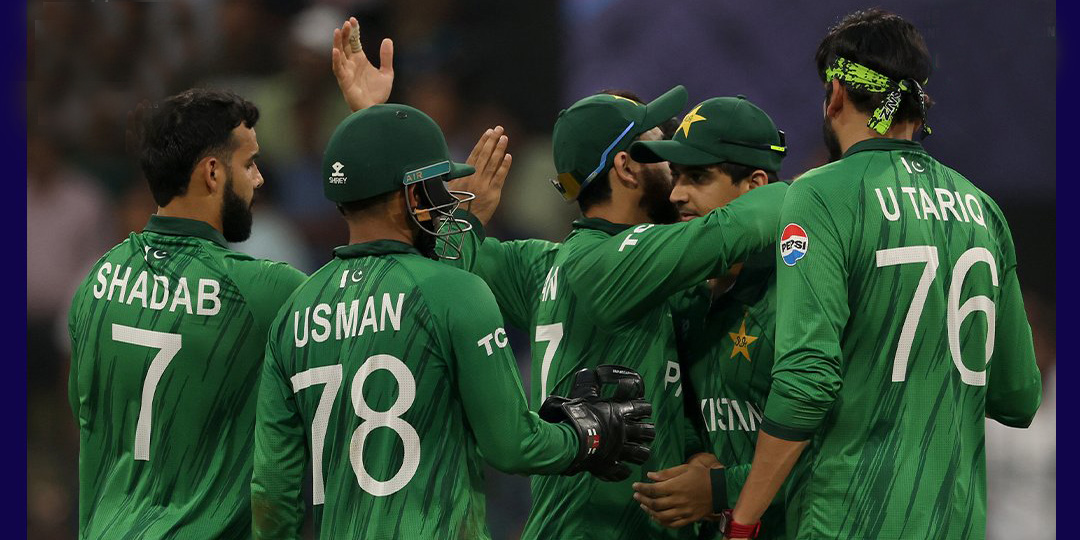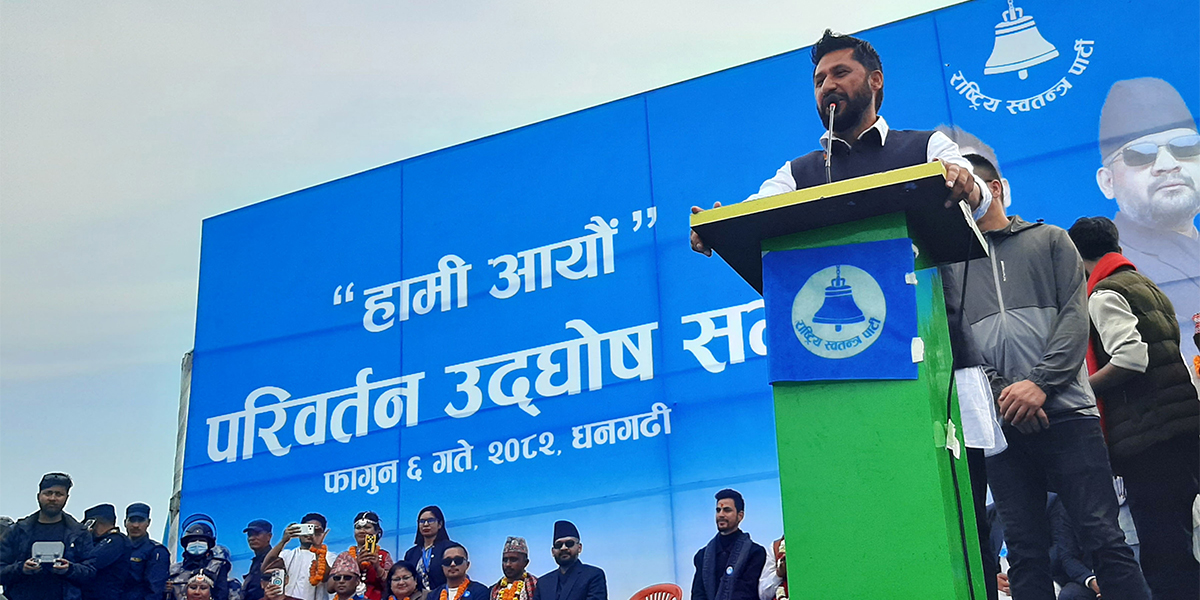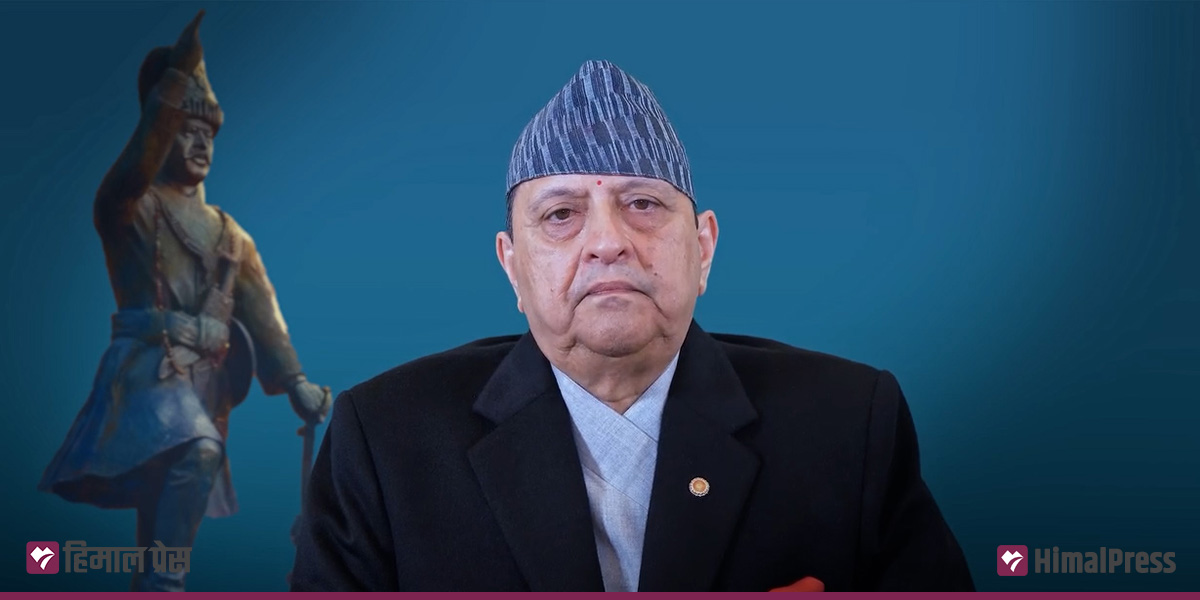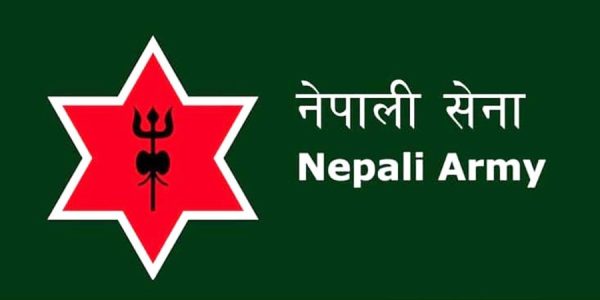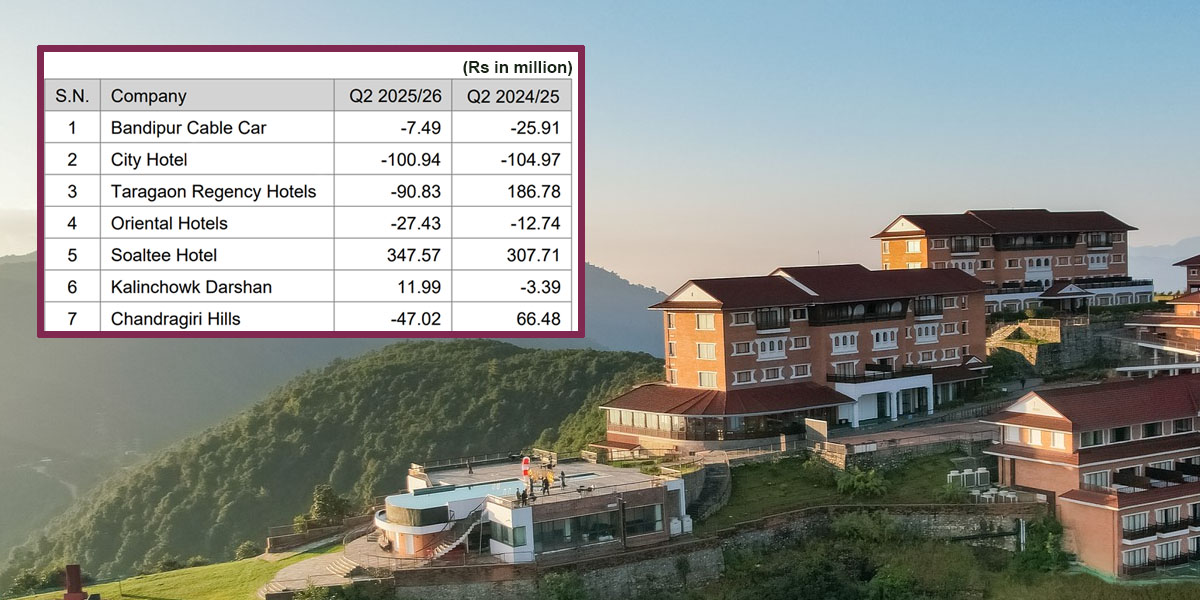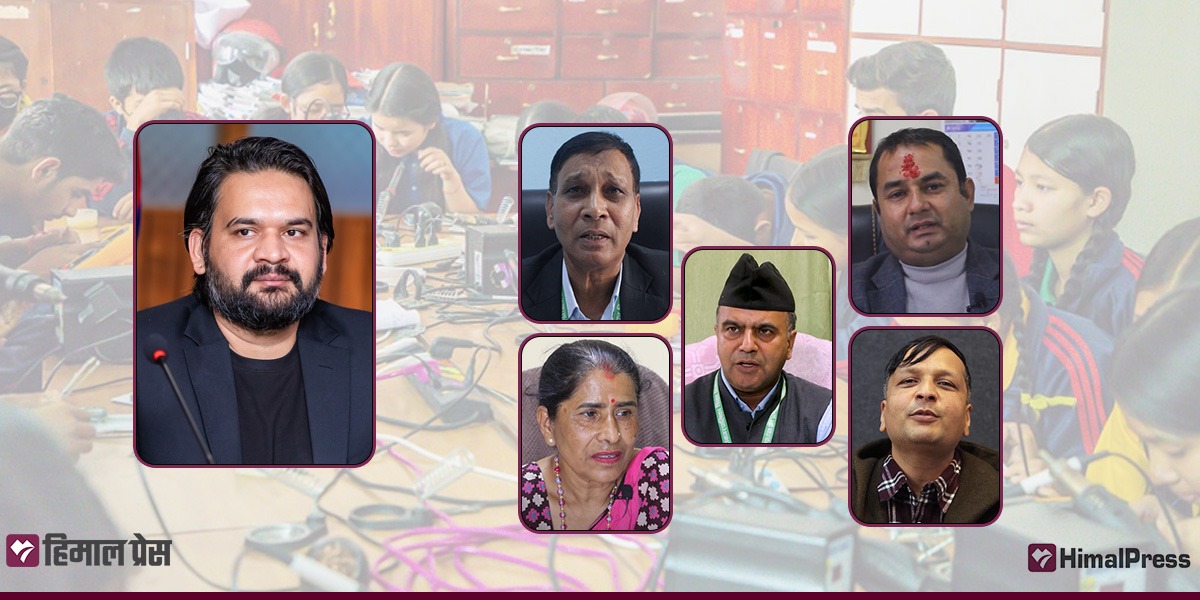
KATHMANDU: Principals of community schools within Kathmandu Metropolitan City have reported significant educational improvements in recent years. They said progress has been seen not only in learning but also in the development of other skills.
KMC officials claim that the educational standards of community schools are improving due to their continued focus on education as a top priority. Indra Prasad Dahal, an officer from the KMC’s Education Department, said KMC is implementing ‘Book free Friday’ program in community schools once a week for the development of entrepreneurship, sports, music, arts and leadership skills, Dahal said.
At a time when deteriorating results at the school level have been causing despair in the education sector, KMC’s recent efforts have instilled hope among principals. Narayan Prasad Gautam, former principal of Padmodaya Secondary School, said parents are attracted to the new educational improvement plans implemented by the KMC. “The metropolis has introduced new plans for educational reform. Programs like technology-enhanced education, Book-Free Friday, and skill-based education have increased the interest of parents toward community schools,” Gautam said.
KMC has been monitoring schools in every ward since the implementation of the program. Mayor Balen Shah and Deputy Mayor Sunita Dangol have reached different community schools to encourage students and faculty members.
Chandrakanta Pandit, principal of Pashupati Mitra Secondary School in Chabahil, is impressed by programs initiated by Mayor Shah and his team. Stating that book knowledge alone cannot provide education to meet the demands of modern times, he appreciated KMC’s programs aimed at equipping children with practical skills. “Six groups in our school recently completed a program designed by KMC. Eight others are participating in the ‘Book free Friday’ program,” he added.
Bishnu Ghimire, principal of Gyanodaya Secondary School in Bafal, said although KMC’s educational reform programs are effective, inadequate physical infrastructure in her school poses challenges in implementing these programs. “It is difficult for community schools to arrange rooms for special programs initiated by KMC. It is also difficult to arrange a focal person,” she added.
Ramashish Yadav, the principal of Ratna Rajya Secondary School in Old Baneshwor, also reported significant improvements in the education sector since Balen Shah began his tenure as the mayor of Kathmandu. “Programs like Book for Friday, and Skill-based Education promote leadership and entrepreneurship among students. These programs have helped to enhance academic performance,” he added.
KMC has also introduced a plan to provide Rs as educational expenses for students of disadvantaged families. Principal Yadav suggested increasing this amount to Rs 500 per student.
The metropolis has instructed community schools to clear spaces rented to other parties to enhance the teaching and learning environment. “These spaces will be used to build early childhood development classes, labs, storage for educational materials and storage playing areas for students,” Dahal said.
Even private school teachers are encouraged by the changes seen in community schools. Bhupal Upreti, acting general secretary of the Institutional School Teachers Union (ISTU), said he has seen significant improvements in privately-owned schools in recent months. He added that the KMC has regulated fees charged to parents and systematized scholarship distributions. “Mayor Shah has instructed private schools to provide private school teachers and staff with benefits similar to those in community schools. It is a very positive move,” Upreti said. “However, follow-up and monitoring from KMC was lacking.”
He also welcomed KMC’s move to instruct private schools to change their ‘English’ names into Nepali.

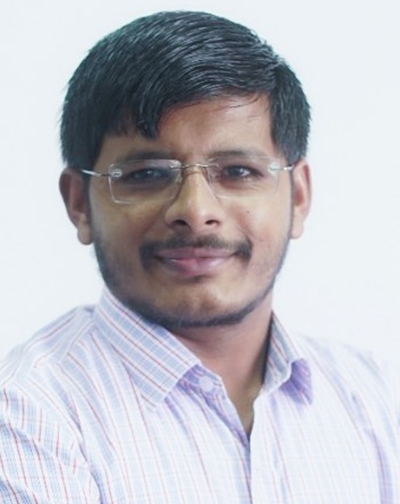

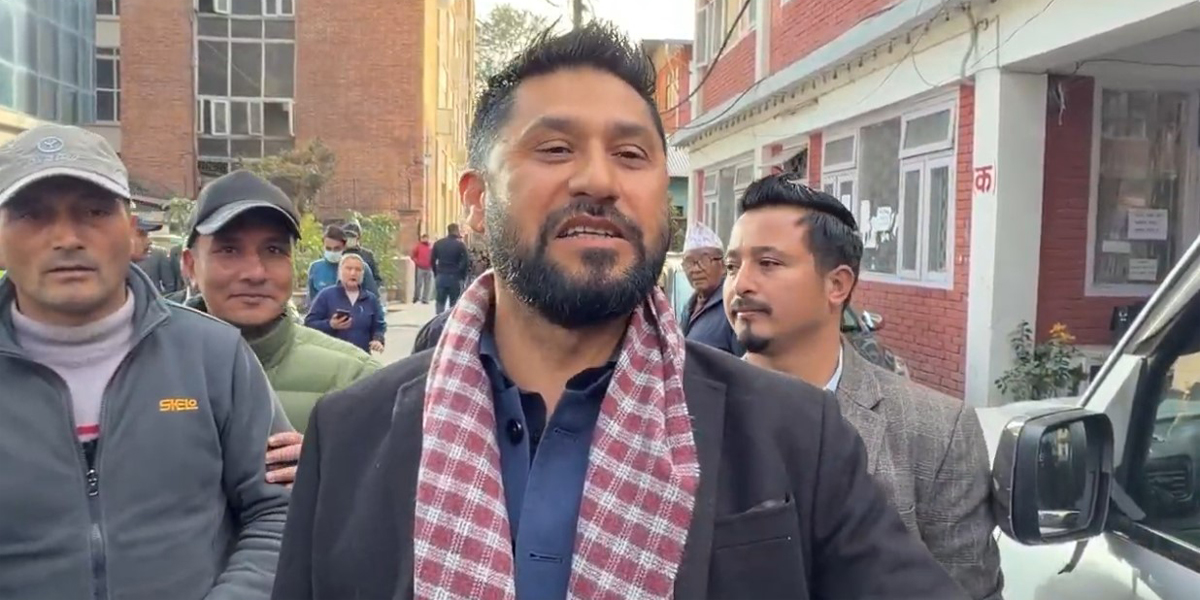
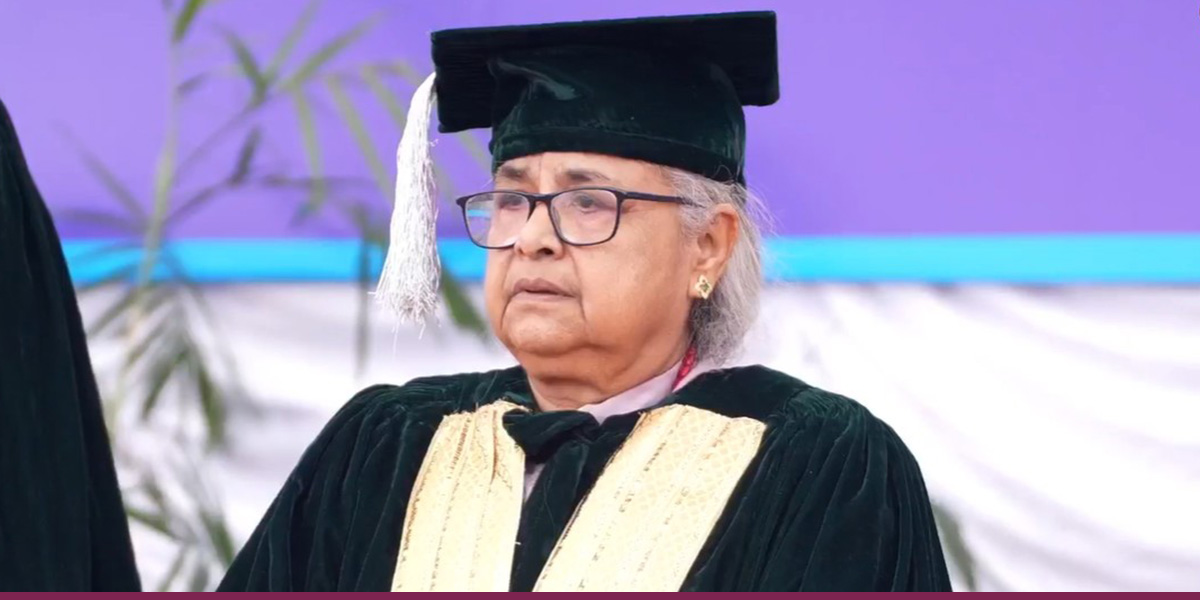
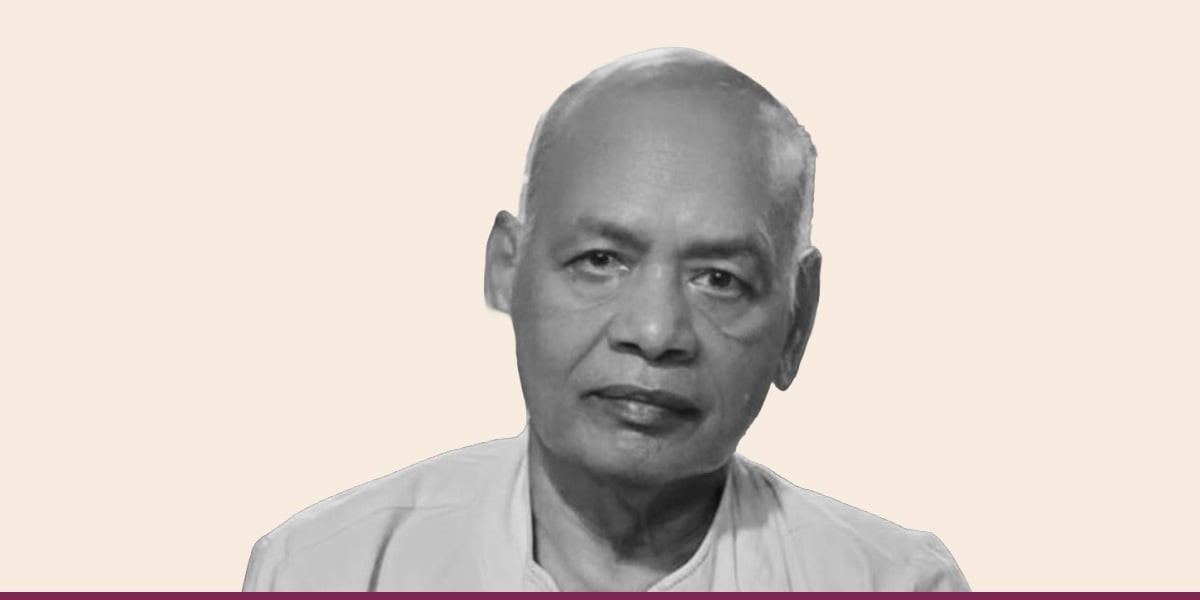
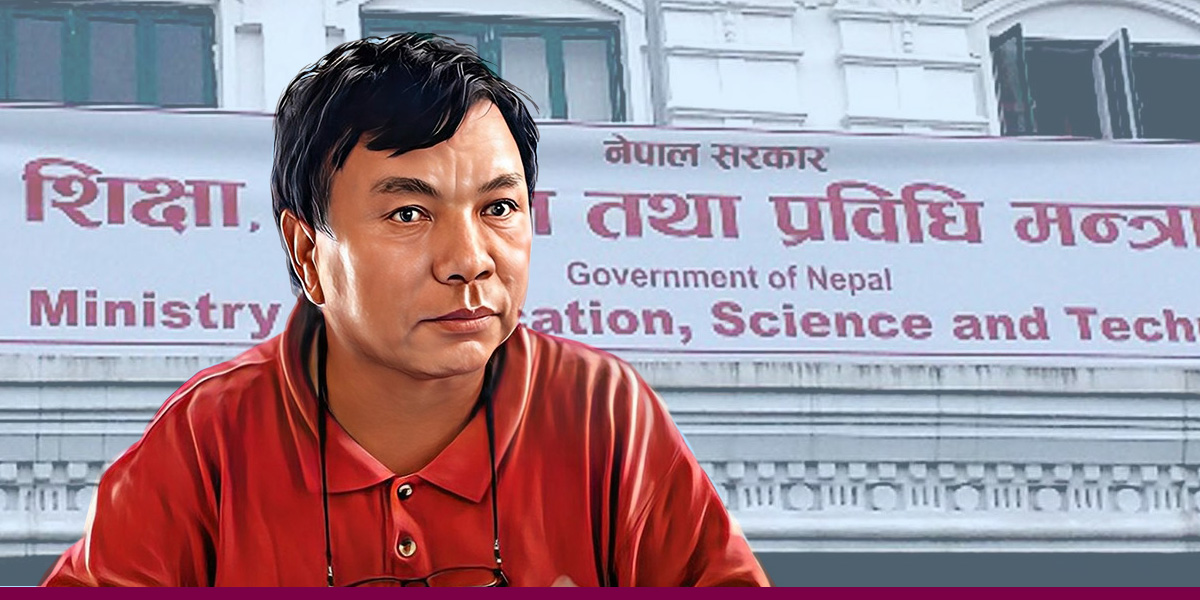
![High-mast lights installed at 62 intersections in Kathmandu [In Pictures]](https://en.himalpress.com/wp-content/uploads/2025/10/kathmandu-night.jpg)
